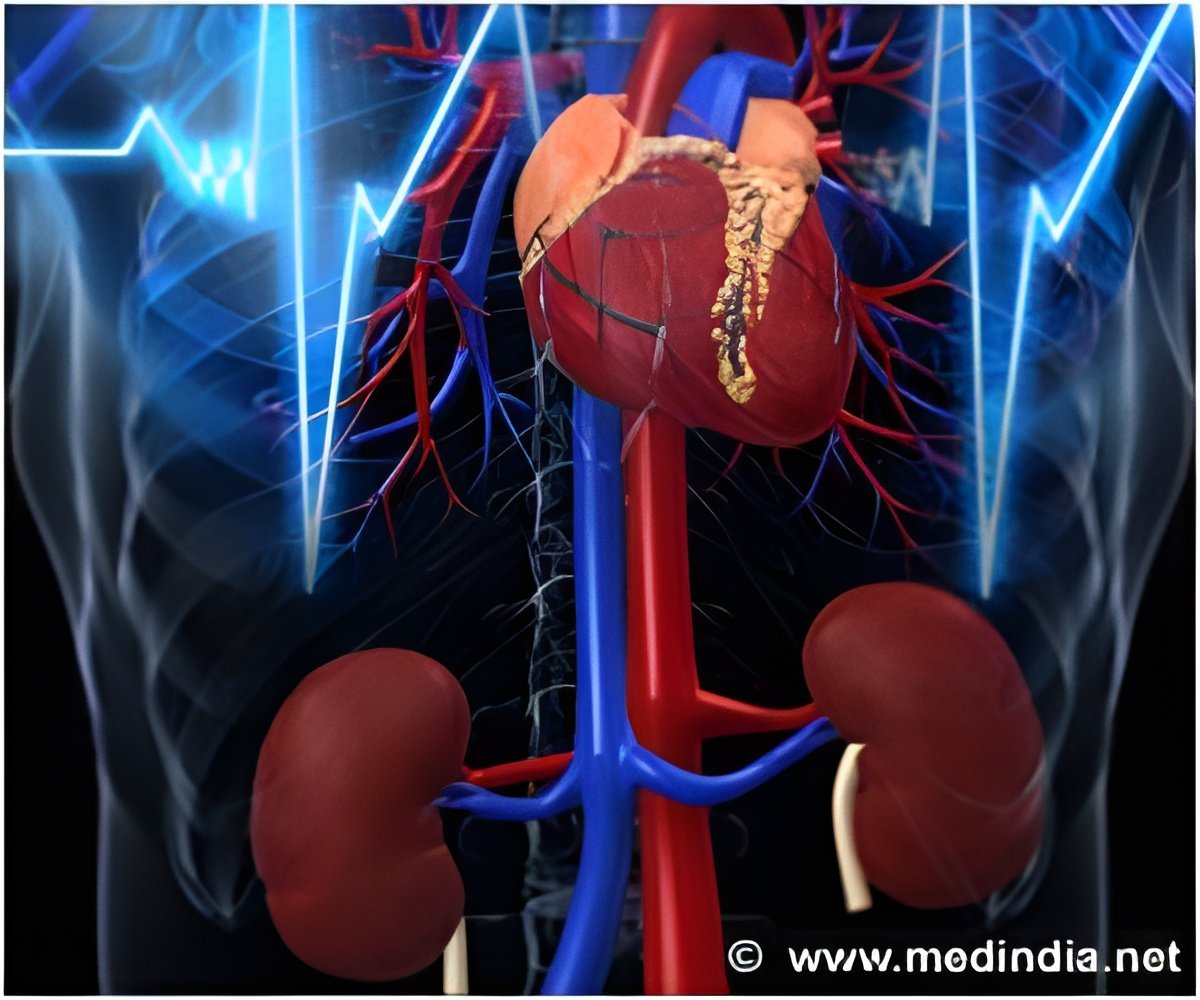
- The right lower heart chamber – the right ventricle – in the former preemies' was smaller but heavier, with thicker walls and less pumping capacity.
- The earlier the birth, the greater the impact was on right ventricle size and function.
In older adults, changes in the right ventricle's structure and function may increase risks of heart failure and cardiovascular death. However, the researchers are keen to reassure those born prematurely that there was no evidence of these problems in the young people who participated in the current study. The researchers followed a group of premature babies born in the 1980s until they were average age 25. In this study, a baby born before the 37th week of pregnancy was considered premature.
Those adults were compared with similar aged adults born at full-term. The researchers conducted standard heart health evaluations including blood pressure and cholesterol but also used more sophisticated magnetic resonance imaging techniques to measure participants' hearts and blood vessels. With the help of computer programs they developed models of the hearts to analyze their unique structure and work out how much blood is being pumped. "We are trying to dig deeper into what's different about the hearts of those born preterm," said Adam Lewandowski, B.Sc., D. Phil who undertook the study and is the first author. "The potential scientific explanations for why their hearts are different are fascinating and our study study adds to the growing understanding of how premature birth shapes future heart health."
Source-Eurekalert















